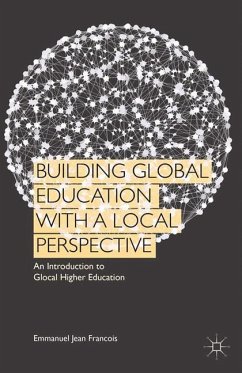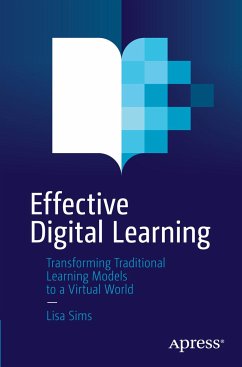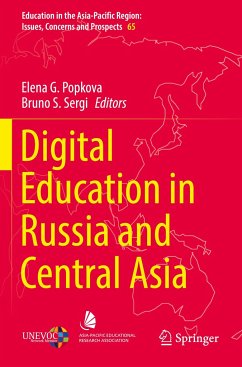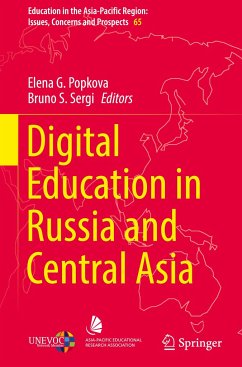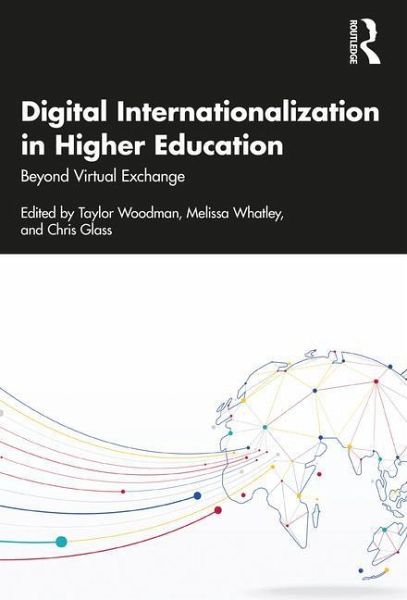
Digital Internationalization in Higher Education
Beyond Virtual Exchange
Herausgegeben: Woodman, Taylor C.; Whatley, Melissa; Glass, Chris R.
Versandkostenfrei!
Versandfertig in 6-10 Tagen
31,99 €
inkl. MwSt.

PAYBACK Punkte
16 °P sammeln!
This resource explores the intersection of technology, sustainability, and global learning in the evolving landscape of international higher education.Although virtual exchange and mobility programs are essential components of digital internationalization, they represent just one aspect of a broader movement toward more significant integration of digital technologies in international education. Virtual and augmented reality, AI, and ChatGPT are rapidly shaping the higher education landscape. This book brings together experts in the field to consider the myriad ways in which technology impacts ...
This resource explores the intersection of technology, sustainability, and global learning in the evolving landscape of international higher education.
Although virtual exchange and mobility programs are essential components of digital internationalization, they represent just one aspect of a broader movement toward more significant integration of digital technologies in international education. Virtual and augmented reality, AI, and ChatGPT are rapidly shaping the higher education landscape. This book brings together experts in the field to consider the myriad ways in which technology impacts all facets of internationalization, highlighting both areas of concern and areas of great potential. The chapters in this book provide best practices and key insights into digital alternatives for student mobility, operations, marketing, and recruitment, while simultaneously laying the foundation for creating more equitable and environmentally friendly international learning environments.
This book marks the beginning of an era of digital internationalization. Practitioners, administrators, policymakers, and researchers in the field of international education will find the text sharply relevant and invaluable in its practicality.
Although virtual exchange and mobility programs are essential components of digital internationalization, they represent just one aspect of a broader movement toward more significant integration of digital technologies in international education. Virtual and augmented reality, AI, and ChatGPT are rapidly shaping the higher education landscape. This book brings together experts in the field to consider the myriad ways in which technology impacts all facets of internationalization, highlighting both areas of concern and areas of great potential. The chapters in this book provide best practices and key insights into digital alternatives for student mobility, operations, marketing, and recruitment, while simultaneously laying the foundation for creating more equitable and environmentally friendly international learning environments.
This book marks the beginning of an era of digital internationalization. Practitioners, administrators, policymakers, and researchers in the field of international education will find the text sharply relevant and invaluable in its practicality.





